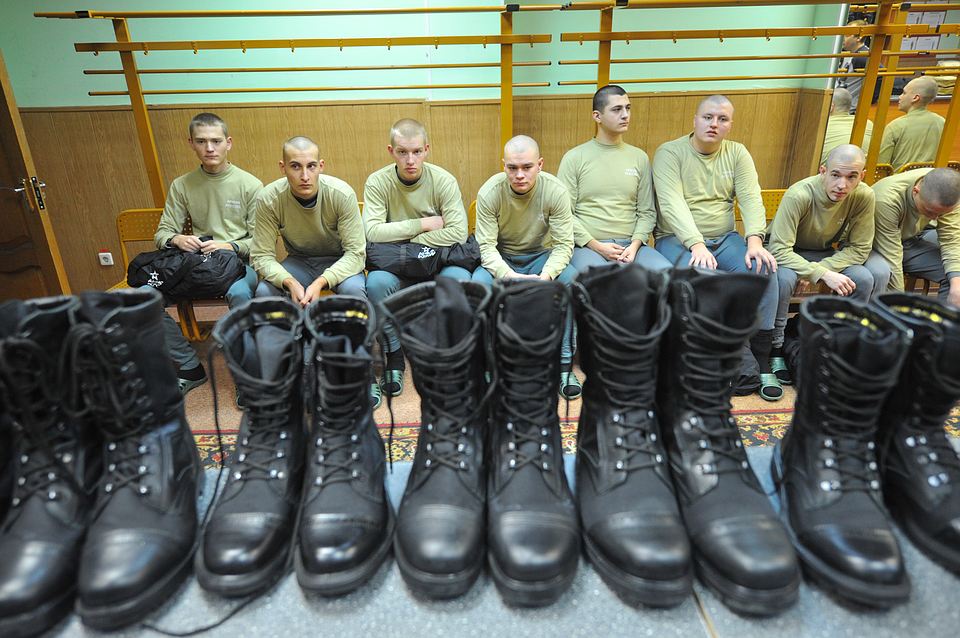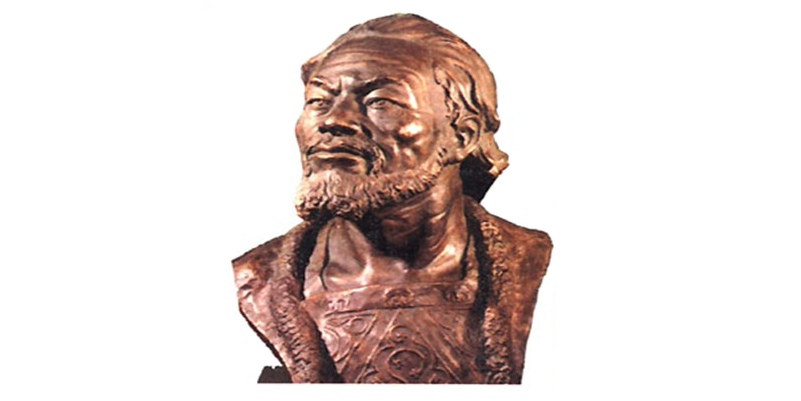Anastasiya Timonicheva, a correspondent for the [pro-Putin] television channel NTV introduced herself as a producer of the Russian internet and satellite broadcaster Dozhd TV in correspondence with the potential lead figure in a report about how citizens of Ukraine are allegedly selling potentially deadly drugs in Russia. Kyiv-based activist Taras Ratushny, whom Timonicheva contacted, published scans of the emails on his Facebook page.
On 3 October the journalist wrote to Ratushny, who had previously organized marches for the legalization of marijuana in Kyiv on more than one occasion, from a Yandex.Mail email account. She introduced herself as a Dozhd TV producer and asked the activist for an interview, explaining that she was preparing a report about these kinds of actions.
In another letter Timonicheva explained that a Kyiv correspondent would talk to Ratushny. He turned out to be a freelancer, who, according to the activist, couldn't provide proof that the report was being prepared for Dozhd. At the same time, the contractor insisted that Ratushny spoke Ukrainian.
But the correspondent gave herself away when she mistakenly sent the activist a letter with a draft script of the report. From the script it became clear that the material was planned to be used with a logo something like "EE [Extraordinary Event]/Review/Invest[igation]." Evidently this meant the NTV programme "EE. Review of the Week." Timonicheva had previously made reports for this programme.
According to the script of the report, in Ukraine, which "has long been among the leaders for numbers of drug addicts", the situation in the past year with drugs has "worsened considerably". In particular, new drugs have appeared in the country, including so-called "spices", which cause "mass overdoses".
In the report it was also pointed out that the Ukrainian government has made possession of small "by their measure" quantities of drugs "virtually legal". "Euro-integration demanded changes, and in Ukraine they understood how to be closer to their 'big brother'," the text says. Furthermore, the report talks about "intoxicating meals" at Euromaidan in Kyiv. Finally, according to Timonicheva, traces of the new drug were found in the trade unions building in Odesa [where dozens of pro-Russian activists burned to death on 2 May] after members of the Ukrainian radical movement Right Sector had been there.
A spokesman for the Federal Service for Control over the Trafficking of Narcotics, whose words were included in the draft report, says that the majority of those arrested in the case on the distribution of smoking blends in Russia were citizens of Ukraine.
Earlier on Monday, 6 October, the head of the FSKN, Viktor Ivanov, said that the epidemic of distributing of smoking blends in Russia had been halted. "The first suspects have been arrested. Local groups of distributors of this plague have been routed, and entry channels for the new substance into the regions have been closed. The situation has been dealt with. The possible epidemic has been blocked this time," ITAR-TASS quotes him as saying. Ivanov added that about two dozen suspects had been arrested. According to him, currently over 700 instances of poisoning have been registered, of which over 25 had a fatal outcome.
Previously it was reported that several members of an organized criminal group had been arrested in Surgut in the case on the distribution of "spices", four of whom were citizens of Ukraine. Another Ukrainian suspected of distributing the drug was arrested in Kirov.
The report on the Extraordinary Event programme that was broadcast yesterday about the arrest of drug dealers in Surgut, just as in Timonicheva's draft script, states that in Ukraine the possession of small quantities of drugs has been legalized, and also talks about the "intoxicating meals" on Maidan Nezalezhnosti. The author of the report was not named, and a male voice spoke over the footage.”




